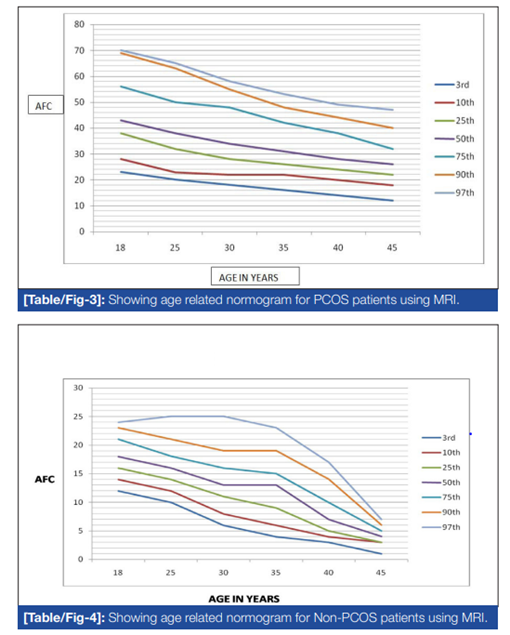We are experiencing a very high volume of calls and messages and ask for your patience. We will answer your portal messages within 48 hours.
We are experiencing a very high volume of calls and messages and ask for your patience. We will answer your portal messages within 48 hours.
.jpg)
.jpg?width=1200&name=My%20Post-1%20(10).jpg) There are a few things that I would really like patients to know about PCOS and infertility. Yes, it is upsetting to get this diagnosis. However, I find this diagnosis is the BEST of all infertility diagnoses. Why?
There are a few things that I would really like patients to know about PCOS and infertility. Yes, it is upsetting to get this diagnosis. However, I find this diagnosis is the BEST of all infertility diagnoses. Why?
Because PCOS patients tend to have more eggs than most other women of their age! This is a big relief—you have EGGS! Sometimes I wonder why doctors don’t focus more on this good news when discussing PCOS with their patients.
One of the criteria for making the diagnosis of PCOS is a high number of antral follicles in the ovaries on ultrasound. Antral follicles are small fluid filled sacs with eggs in them! A recent study looked at the number of these small follicles, called antral follicle count (AFC) by age for PCOS patients and age-matched fertile controls using MRI.
If we look at these two graphs (see below), we notice two things: At every age of PCOS patients (top graph), there are many more antral follicles than women of their same age (bottom graph). In addition, we see that PCOS patients have a slower loss of antral follicles as they get older. So, this data suggests that PCOS women have more eggs and lose them more slowly than other women. Good news—you have a good prognosis in terms of fertility! However, keep in mind that it does NOT mean that PCOS patients should wait longer to see a fertility specialist.

While many PCOS patients have more eggs and keep them longer than other women, they also frequently have irregular cycles or no periods. From the Rotterdam Consensus Statement for diagnosing PCOS, there must be two of the following three criteria present to confirm a PCOS diagnosis:
So, these menstrual irregularities are part of the criteria for making the diagnosis of PCOS. Irregular cycles or no periods indicate that these PCOS patients are not ovulating or at least not ovulating regularly.
The good news about this situation is that the problem of not ovulating regularly is a treatable cause of infertility. Most PCOS patients (over 60%) respond to mild oral treatment with fertility medications. So many of these patients do NOT have to do IVF.
If you have IRREGULAR cycles (meaning skipping months or having 2 or more periods within one month), then you are NOT ovulating. I would recommend that you seek a fertility specialist sooner. There is no point in trying for one year if your periods are irregular. Please see a fertility specialist to assist you manage this problem.
Are there things that you can do to improve your symptoms and possibly your ability to get pregnant? YES! A recent randomized controlled trial (our best type of data) showed that weight loss of 5-10% improved PCOS symptoms for women who were overweight. Many women who lost weight became ovulatory and/or had improvement in their high androgenic symptoms (reduced acne or hair growth).
Losing weight is not easy and there is not a consensus over which diet is the best for overweight PCOS patients. I usually suggest reducing calories by eating more of a Mediterranean diet (lean meat, lower carbohydrates, more vegetables) and building a good support system. Losing as little as 5% of your body weight can RESET your ovulation clock, potentially helping you to start ovulating without medication. And then you may get pregnant without any fertility treatments!
Try to remember the GOOD NEWS with this PCOS diagnosis! PCOS patients have more eggs and lose them slower than other women their age. You can respond to low dose fertility medications and with a little weight loss, you may ovulate and conceive on your own! I hope this helps you!
If you'd like to make an appointment with me or my colleagues at our Chicago-area fertility practice, we have five locations to serve you. Click below to schedule an appointment today.

Entire Website © 2003 - 2020
Karande and Associates d/b/a InVia
Fertility Specialists
